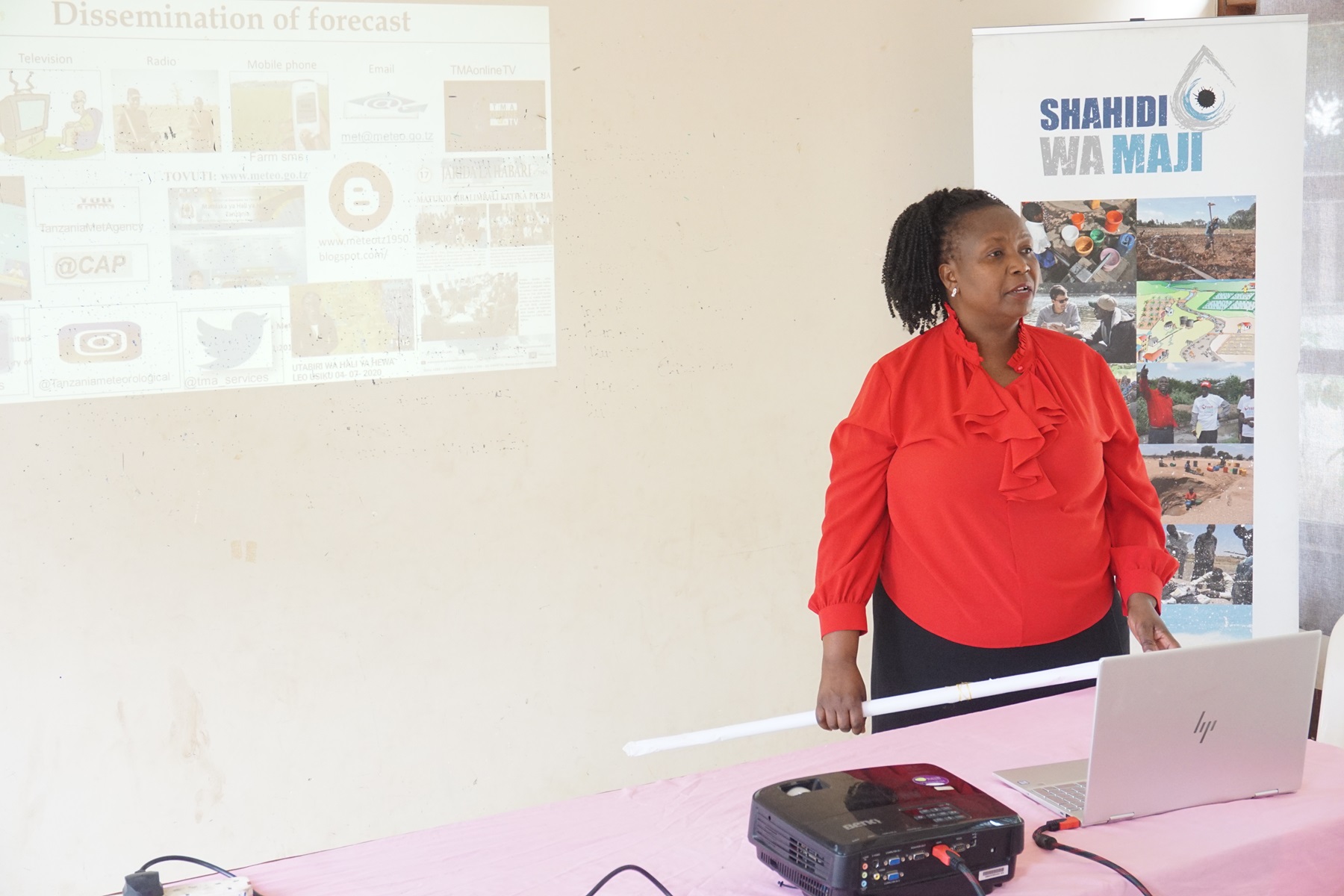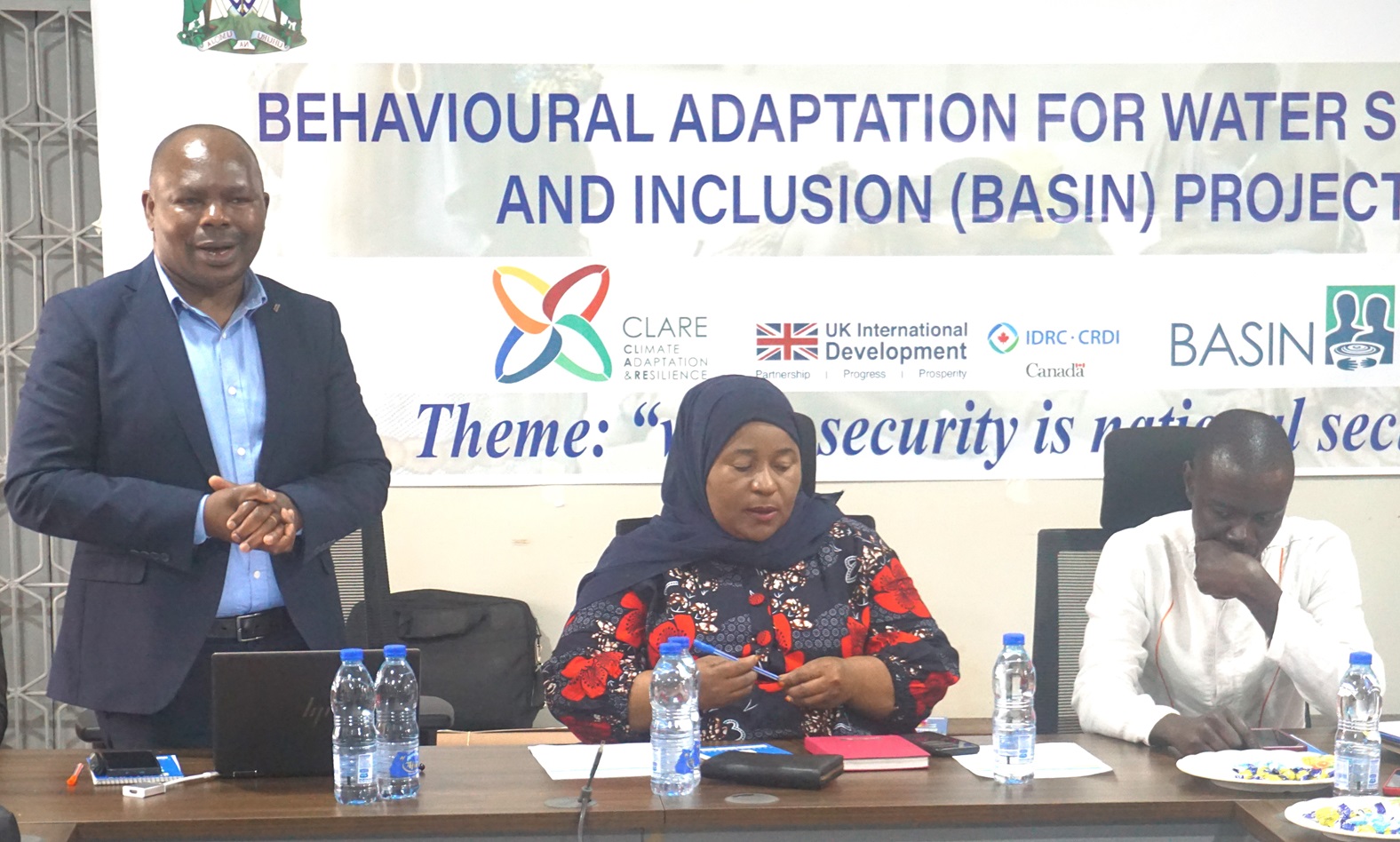Shahidi wa Maji delivers its strategic commitments using robust evidence to support constructive advocacy and engagement that puts the human right to water at its core through a three-fold approach:

1. Empowered Communities
Using our grounded experience on social accountability monitoring through our Uhakika wa Maji approach, SwM works to empower communities. We focus on activating local capacities to meaningfully participate in water security governance, respond to climate- resilient actions and call for accountable and responsive government and related authorities in ensuring water security for all. Using this approach, we support credible and reputable claims, building robust evidence to constructively advocate for both policy and practice changes that support climate resilience, gender transformative and sustainable management of water resources, and equitable access to adequate WASH services by all Tanzanians.
3. A strengthened and well performing sector
Using our grounded experience on social accountability monitoring through our Uhakika wa Maji approach, SwM works to empower communities. We focus on activating local capacities to meaningfully participate in water security governance, respond to climate- resilient actions and call for accountable and responsive government and related authorities in ensuring water security for all. Using this approach, we support credible and reputable claims, building robust evidence to constructively advocate for both policy and practice changes that support climate resilience, gender transformative and sustainable management of water resources, and equitable access to adequate WASH services by all Tanzanians.

2. Innovative and appropriate solutions to solve sector problems
Using our grounded experience on social accountability monitoring through our Uhakika wa Maji approach, SwM works to empower communities. We focus on activating local capacities to meaningfully participate in water security governance, respond to climate- resilient actions and call for accountable and responsive government and related authorities in ensuring water security for all. Using this approach, we support credible and reputable claims, building robust evidence to constructively advocate for both policy and practice changes that support climate resilience, gender transformative and sustainable management of water resources, and equitable access to adequate WASH services by all Tanzanians.

